- Home
- About WVN
-
WVN Issues
- Vol. 1 No. 1 (Oct. 2017) >
- Vol. 2 No. 1 (Feb. 2018) >
- Vol. 2 No. 2 (Jun. 2018) >
- Vol. 2 No. 3 (Oct. 2018) >
- Vol. 3 No. 1 (Feb. 2019) >
- Vol. 3 No. 2 (Jun. 2019) >
- Vol. 3 No. 3 (Oct. 2019) >
- Vol. 4 No. 1 (Feb. 2020) >
- Vol. 4 No. 2 (Jun. 2020) >
- Vol. 4 No. 3 (Oct. 2020) >
- Vol. 5 No. 1 (Feb. 2021) >
- Vol. 5 No. 2 (Jun. 2021) >
- Vol. 5 No. 3 (Oct. 2021) >
- Vol. 6 No. 1 (Feb. 2022) >
- Vol. 6 No. 2 (Jun. 2022) >
- Vol. 6 No. 3 (Oct. 2022) >
- Vol. 7 No. 1 (Feb. 2023) >
- Vol. 7 No. 2 (Jun. 2023) >
- Vol. 7 No. 3 (Oct. 2023) >
- Vol. 8 No. 1 (Feb. 2024) >
-
Events
- CIES 2023, Feb. 14-22, Washington D.C., USA
- ICES 4th National Conference, Tel Aviv University, Israel, 20 June 2021
- 2022 Virtual Conference of CESHK, 18-19 March 2022
- ISCEST Nigeria 7th Annual International Conference, 30 Nov.-3 Dec. 2020
- 3rd WCCES Symposium (Virtually through Zoom) 25-27 Nov. 2020
- CESA 12th Biennial Conference, Kathmandu, Nepal, 26-28 Sept. 2020
- CESI 10th International Conference, New Delhi, India, 9-11 Dec. 2019
- SOMEC Forum, Mexico City, 13 Nov. 2018
- WCCES Symposium, Geneva, 14-15 Jan. 2019
- 54th EC Meeting, Geneva, Switzerland, 14 Jan. 2019
- XVII World Congress of Comparative Education Societies, Cancún, Mexico, 20-24 May 2019
- ISCEST Nigeria 5th Annual Conference, 3-6 Dec. 2018
- CESI 9th International Conference, Vadodara, India, 14-16 Dec. 2018
- ICES 3rd National Conference, Ben-Gurion University, Israel, 17 Jan. 2019
- WCCES Retreat & EC Meeting, Johannesburg, 20-21 June 2018
- WCCES Symposium, Johannesburg, 21-22 June 2018
- 5th IOCES International Conference, 21-22 June 2018
- International Research Symposium, Sonepat, India, 11-12 Dec. 2017
- WCCES Info Session & Launch of Online Course on Practicing Nonviolence at CIES, 29 March 2018
- WCCES Leadership Meeting at CIES, 28 March 2018
- 52nd EC Meeting of WCCES, France, 10-11 Oct. 2017
- UIA Round Table Asia Pacific, Chiang Mai, Thailand, 21-22 Sept. 2017
- Online Courses
|
Abstract Professional Education of a particular country is very often not accepted in another. Chartered Accountants, Company Secretaries and Doctors who migrate in a globalised environment are unable to practice their profession in a different country which does not recognise the degrees earned in the home country. The vistas of knowledge need to be streamlined on the basis of curriculum so that yardsticks for measuring compatibility are available. Nation building needs to take into account the global horizons of development from the macro and micro level with essential focus on validation and measurement of knowledge proficiency based on common global parameters. International evaluation is a necessary adjunct for a global economic development model. We are no longer confined to discussions on brain drain. Rather we must necessarily broaden our outlook to a globally available talent pool that can be tapped by the global netizens on the basis of need. The world of trade and commerce and the basis of humanitarian consideration that permeates all actions must necessarily find expression in harbouring knowledge that can be optimised and functional at an international level. The United Nations’ Millenium Development Goals serve as a beacon light for what the world needs to achieve. Attracting the human resource who will join hands to execute at the various levels necessarily requires an inter-disciplinary task force who can take the rein in their hands and move onwards to achieve the goals. The pathways to the future knowledge proficiency selection must necessarily encompass the knowledge brigade across the continents. Real life implementation calls for global standards of education leveraged by technology. Harnessing individual potential and ability on the basis of global yardsticks of performance will foster a database based on merit which can be translated into the practical application of knowledge. Keywords: Knowledge proficiency, global parameters, inter-disciplinary task force, leveraged by technology, global yardsticks of performance. Literature Review “In a globalised world, harnessing technology for Educational Inclusion, the Lewy Tech forum is designed to inspire and challenge all of us, take us out of our comfort zones, and lay the groundwork for new partnerships to achieve this goal,” said Donald Steinberg, World Learning, a nonprofit organization and a provider of experiential and participatory learning programs. World Learning is the parent organization of SIT which offers undergraduate study abroad programs around the world and master’s degrees and certificates through online and on-campus formats in Vermont and Washington, DC. Cheryl Lewy, a trustee of World Learning, said in her remarks that “We need to stimulate our thinking to look at new ways to educate, teach and train the global leaders of the future.Let’s look forward towards the future and dare to experiment.” Sora H. Friedman, program committee chair of The Forum and a Professor of International Education at SIT noted, “As we think about how to make our programs more accessible to a wider variety of people, we realized that we needed to continue our learning about technology as it would allow for increased access and inclusion, as well as higher quality and more engaging programs”. Forum participants took way ideas for new approaches at the macro level, as well as for new techniques to use in their teaching at a more micro level. What is the role of emerging technologies and innovation in helping higher education institutions to fulfill their educational mission in areas of learning, collaboration, inclusion, and administration? This was the focus of The Lewy Global Education Technology Forum at the School of International Training(SIT) in Brattleboro, Vermont. The Forum convened faculty, students and administrators to discuss challenges and opportunities to improve the use of technology to teach, to collaborate, and to include a diversity of students, faculty, and staff in achieving the mission of education the next generation of global leaders. Enabling efficiency and experimentation: Campus Internationalisation can be accelerated with technology. Higher Education Institutions must leverage technology in expanding access and providing global learning experiences to their students. As technology-enabled solutions become increasingly sophisticated, students are not only embracing this change; they are also expecting more from institutions. For example, MOOCs (massive open online courses) have gone from being revolutionary to redundant to now resurgent again with a varying degree of acceptance by academia. In contrast, the student enrollments in MOOCs continue to grow at a rapid pace. (Educational Inclusion in the Global Diaspora: Globally Engaged Higher Education Institutions Must Innovate and Embrace Technology (Article in Economic Times, May 1st 2017). The pandemic also altered social relations, processes and Institutions in ways unimaginable. Except for the obvious dent in the national and international economies, education industry witnessed major transformation. The use of digital technology and global access to Institutions through online learning has become the new normal. (Article, Ramesh Abhishek, Digital Education:Mainstreaming the new normal, ET, Aug6,2022) Consider the example of any of the MOOCs platforms like edX or Coursera which are bringing together several institutions in the U.S. and abroad to achieve common goals of access and global engagement. Also consider Indian Edtech companies like BYJUS, Unacademy, Vedantu, UpGrad and LEADschool who have received majority of their investments from international leaders. The fostering of skills in a learning environment enriched with technology and global standards must essentially be the dictum for the way forward. Hypothesis of the Study Ho:Global Standards of Education, leveraged with technology, will help to foster overall inclusion with unhindered and unfettered knowledge ingrainment that will enable the educated to utilise their knowledge gainfully in the global arena without the fear and the unwarranrted loss of the learning quotient gained from degrees procured in other countries. H1: Global Standards of Education, leveraged with technology, will not serve to foster overall inclusion with unhindered and unfettered knowledge ingrainment that will enable the educated to utilise their knowledge gainfully in the global arena without the fear and the unwarranrted loss of the learning quotient gained from degrees procured in other countries. Objectives of the Study i)To gather primary data from respondents comprising different age groups by means of a questionnaire, so as to identify the perspective towards globalised standards of education leveraged by technology and to analyse and interpret the same. ii)To gather secondary data from reliable sources like magazines, newspaper articles, University websites, books, periodicals and reports, so as to gain insights into the need for carving of a new globalised framework with global standards of education and the benefits accruing therefrom. Research Methodology The research methodology is exploratory in nature. It is also deductive and inferential from the viewpoint of the overall situational analysis and the futuristic approach required. Primary data capture by means of a questionnaire and secondary data from reliable sources gathered from a global perspective has been analysed to draw conclusions. Findings from Primary Data Figure 1. Interpretation from Primary Data
There is unanimous agreement with respect to the pursuit of education in a globalised world in different countries. However, around 20% of respondents are unaware of the fact that degrees of one country are not recognised in other countries and on a global basis. 88.5% agree that it is imperative to have global standards of education and 88.8% agree about the need for a system of global credits to enable professional proficiency. Findings from Secondary Data On the student side, technology allows institutions to experiment with new models of outreach. ‘Glocals’ are an expanding segment of students seeking international education experience/credential while staying in the country or region. Consider the case of Georgia Tech’s Online Master of Science in Computer Science (OMS CS). It costs under $7000 over five terms. Non-resident tuition fee for on-campus master’s is eight times as much that of the online master’s. Almost one out of every five students in this online program are prototypical ‘glocal’ students who are based overseas. In India, XLRI and several Institutions offer online courses in Management and specialized Management areas. Technology has enabled the EDULAB program to successfully reach and impact rural areas in India. These two megatrends on the institutional and student side show that technology can offer new opportunities of accelerating campus internationalization. At the same time, technology is not a panacea. At its core, teaching and learning is a human interaction process, but it can reach more students in a more efficient manner through enabling technology solutions.[1] Several intellectuals have forayed into leveraging technology to achieve major inroads in the education sector. Dr. Rahul Choudaha is principal researcher and CEO of Dr Education, a research and consulting firm specializing in global higher education. As a social entrepreneur, he co-founded, interEDGE.org, a training solutions provider focusing on the inclusion and success of international students. Choudaha is known for his expertise in connecting research, data and trends with institutional strategies and practices that advance campus internationalization. He regularly researches, speaks, blogs, and consults on international student mobility, enrolment strategies, and student success. He has taught graduate courses on International Higher Education at New York University and Baruch College. Choudaha holds a doctorate in higher education from the University of Denver. He earned a master’s degree in management and a bachelor’s degree in engineering in India. Rahul suggests a comprehensive technology aided education programme to deliver cost-effective education in India with specific focus on rural interiors, tribal areas, backward areas, etc. Developing specific life skills and skilling for employment can be achieved with technology.[2] While arguing for study abroad experiences through technology, , John O’Brien, President and CEO of EDUCAUSE noted “There’s no question that nothing is quite the same as actually studying abroad. For some, it is a way to plant a seed for the future.”3 In the globalised frontiers of knowledge, it is essential to carve pathways that fulfil the objectives of learning, namely, gaining knowledge, developing skills, to usher in desirable change and to create necessary change. In an environment of declining resources for institutions, there is an increasing need to leverage technology to enhance operational efficiency. One way to approach sustainability is through shared services models and consortia.. Shared services can help in improving operational efficiencies, reducing duplication and sharing fixed costs. Therefore, as the political context and financial models of higher education institutions evolve, globally engaged higher education institutions must innovate and embrace technology reaching more students in an efficient manner. The biggest missed opportunity for policy makers and leaders is the failure to capitalize on the collective learning ability of people. The Education Sector needs to harness relevant knowledge and experience so that the world as a whole and the people who comprise it can learn more effectively. The same principle applies at community national and international levels. Every person, team, Institution, Nation and the world survive and progress through the ability to internalize and act upon this fundamental truth. There are two basic stages of learning namely:
When an individual is first learning something, this is called the acquisition stage. This stage of learning is usually gradual. Once armed with new information, an individual will act on the new information when it is appropriate. This is known as the maintenance stage. Learning begins to plateau during the maintenance stage. Learning is the most powerful, engaging, rewarding and enjoyable aspect of our personal and collective experience. The ability to learn about learning and become masters of the learning process is the critical issue for the next century. The perceptual-cognitive view of learning focuses on what happens within the individual: motives, feelings, attitudes, memory, and cognition (thought). Sensory mechanisms are of primary importance in the key cognitive activity, which is observation based. Through speech and knowledge of language, humans form abstract concepts for organizing perceptions and manipulating ideas. Thus, cognitive learning involves selective interpretation of perceptual data organized into new patterns of thoughts and relationships. Atma Manthan (Introspection) is also a source of learning because it gives a chance to an individual to search within himself what are his core competencies, values, what are his strengths; self realisation makes a man realise his inner consciousness and helps to deal with emotions and accept the positive aspects of life. Learning is based on self acceptability and it is through introspection one knows what to accept and what not to accept. The world therefore must essentially introspect with respet to the need for the new dimensions in education. The learning process must be augmented with technology as the enabler. Learning involves acquiring new knowledge or modifying existing knowledge, behaviours, skills, values or preferences and may involve synthesizing different types of information. ‘Knowledge’ or ‘Vidya’, it is said, is a wealth that can neither be stolen nor demanded by the king - it cannot be subdivided between brothers like any material possession and is never a burden. Knowledge is pure wealth that grows and accumulates as you share it. Therefore, knowledge is associated with accumulation of information, knowledge and its application resulting in wisdom. The way forward is to foster educational administration and governance at the global level. Educational administration requires special skills, apt handling and humanistic temper. It calls for an innovative approach and imaginative vision. Governance in education calls for the integration of personnel efforts, appropriate material and ideas in such a way as to promote effectively the development of human quality. Education deliverables must envisage possession of broad general professional competence coupled with highly developed skills in the areas of human relationship and administrative process in order to foray ahead. E-learning has made education, especially the process of education -gaining knowledge and teaching (imparting method), comprehensive and dynamic. It has extended the range of the process, making it elaborate and open. It is for this reason that Bernard Luskin, a pioneer in the field of educational technology, put forth that the core of e-learning, should be interpreted to mean exciting, energetic, enthusiastic, emotional, extended, excellent, and educational in addition to electronic. Not only this, due to its all-embracing nature, Eric Parks, another eminent scholar in the field, has in one of his worthy write-ups titled, What’s the ‘E’ in E-learning, suggested that the ‘E’ in e-learning should be referred to as everything, everyone, engaging and easy. E-learning has made people’s reach or the association with programmes related to it, possible. It has opened doors for co-operation at all levels and has prepared a comprehensive ground for common work in the field -for analysis and research with the purpose of global or international welfare. In the process of connecting everyone, it has affected and mobilised all other spheres of life. It is due to e-learning that in these days of knowledge explosion all over the world, all possibilities are there to use it for common causes -especially to know and understand the reality of problems quickly and to work for their solution in co-cooperation and co-ordination. The manner in which e-learning has developed at all levels -from local to global, and in all walks of life, and the way in which electronic educational technology and computers are used in it, makes its reach is fast and comprehensive. Knowledge Management has been further enabled by technology. It has provided new impetus to what was an existing practice, but with increasingly structured and efficient ways of knowledge creation, aggregation and dissemination.[4] Information and Communication Technology plays a major role in Knowledge Management Processes and the inter-relationship between them. The two primary underpinning roles that ICT’s can play in the management of knowledge, from which five other roles are linked, are firstly, in the codification of knowledge, and secondly in the storage of knowledge in some repository. Intermediate to them are the processes of categorization and differentiation, where distinctions are made between the discrete pieces of codified knowledge that exist, based on some system of categorization. Once the codified knowledge that exists has been through these processes, ICT systems can then play a key role in utilizing these frameworks for the storage of knowledge. Thus, for example, structured electronic databases represent one example of an ICT-based knowledge repository. In the days before the Transforming Education Summit, UN News met Leonardo Garnier, an academic and former education minister in Costa Rica, who was appointed by the UN Secretary General as Special Advisor for the summit. He explained why going back to the old ways of teaching is not an option and how the UN can help to bring fresh ideas to classrooms around the world and raise educational standards for children everywhere.[5] At the Transforming Education Summit in New York in September 2022, more tha 130 countries committed to reboot their education systems and accelerating action to end the learning crisis.[6] This push to globalize and transform education has resulted in the Indian government granting approval for foreign universities to set up campuses in the country. This is one step in the right direction towards a more inclusive and progressive educational environment to provide global recognition of qualifications. [7] Conclusion We accept the null hypothesis and reject the alternate hypothesis. As the world moves forward, we need to ensure that foresight becomes our essential strategic tool. It is imperative that we move onwards to transform education to global realms in terms of global standards and global degrees by addressing requirements like the need for a global system of credits. Moving onwards from yesterday, we need to ensure that the future generations do not inherit the problems of yesterday and today. The Knowledge Sharing Process that can be enabled by technology requires resource as well as operational level planning in a strategic way so as to enhance the knowledge enrichment through the various stages. Global Standards of Education is one of the techniques and essential strategies that will work in tandem with the entire flow of sequences and the forethought and planning that must necessarily go into the structuring of the education process. It is however, essential that education systems around the world work together to establish and implement global standards of education. Bibliography and Webliography
0 Comments
|
AuthorDr. Sudha Subramaniam &
Radha Subramaniam MS Genetics, Genomics & Bioinformatics; pursuing PhD in Molecular Genetics, University of Toronto, Canada &
Rohan Subramaniam 3rd Year Computer Science Engineering SVKM’s Mukesh Patel College of Engineering, India ArchivesCategories |
- Home
- About WVN
-
WVN Issues
- Vol. 1 No. 1 (Oct. 2017) >
- Vol. 2 No. 1 (Feb. 2018) >
- Vol. 2 No. 2 (Jun. 2018) >
- Vol. 2 No. 3 (Oct. 2018) >
- Vol. 3 No. 1 (Feb. 2019) >
- Vol. 3 No. 2 (Jun. 2019) >
- Vol. 3 No. 3 (Oct. 2019) >
- Vol. 4 No. 1 (Feb. 2020) >
- Vol. 4 No. 2 (Jun. 2020) >
- Vol. 4 No. 3 (Oct. 2020) >
- Vol. 5 No. 1 (Feb. 2021) >
- Vol. 5 No. 2 (Jun. 2021) >
- Vol. 5 No. 3 (Oct. 2021) >
- Vol. 6 No. 1 (Feb. 2022) >
- Vol. 6 No. 2 (Jun. 2022) >
- Vol. 6 No. 3 (Oct. 2022) >
- Vol. 7 No. 1 (Feb. 2023) >
- Vol. 7 No. 2 (Jun. 2023) >
- Vol. 7 No. 3 (Oct. 2023) >
- Vol. 8 No. 1 (Feb. 2024) >
-
Events
- CIES 2023, Feb. 14-22, Washington D.C., USA
- ICES 4th National Conference, Tel Aviv University, Israel, 20 June 2021
- 2022 Virtual Conference of CESHK, 18-19 March 2022
- ISCEST Nigeria 7th Annual International Conference, 30 Nov.-3 Dec. 2020
- 3rd WCCES Symposium (Virtually through Zoom) 25-27 Nov. 2020
- CESA 12th Biennial Conference, Kathmandu, Nepal, 26-28 Sept. 2020
- CESI 10th International Conference, New Delhi, India, 9-11 Dec. 2019
- SOMEC Forum, Mexico City, 13 Nov. 2018
- WCCES Symposium, Geneva, 14-15 Jan. 2019
- 54th EC Meeting, Geneva, Switzerland, 14 Jan. 2019
- XVII World Congress of Comparative Education Societies, Cancún, Mexico, 20-24 May 2019
- ISCEST Nigeria 5th Annual Conference, 3-6 Dec. 2018
- CESI 9th International Conference, Vadodara, India, 14-16 Dec. 2018
- ICES 3rd National Conference, Ben-Gurion University, Israel, 17 Jan. 2019
- WCCES Retreat & EC Meeting, Johannesburg, 20-21 June 2018
- WCCES Symposium, Johannesburg, 21-22 June 2018
- 5th IOCES International Conference, 21-22 June 2018
- International Research Symposium, Sonepat, India, 11-12 Dec. 2017
- WCCES Info Session & Launch of Online Course on Practicing Nonviolence at CIES, 29 March 2018
- WCCES Leadership Meeting at CIES, 28 March 2018
- 52nd EC Meeting of WCCES, France, 10-11 Oct. 2017
- UIA Round Table Asia Pacific, Chiang Mai, Thailand, 21-22 Sept. 2017
- Online Courses
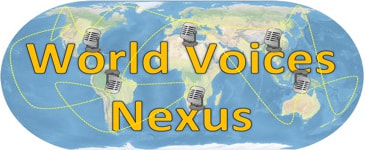
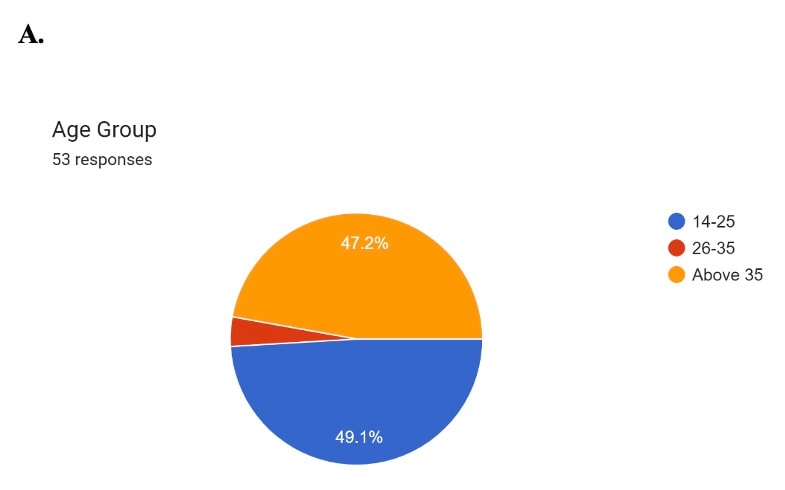
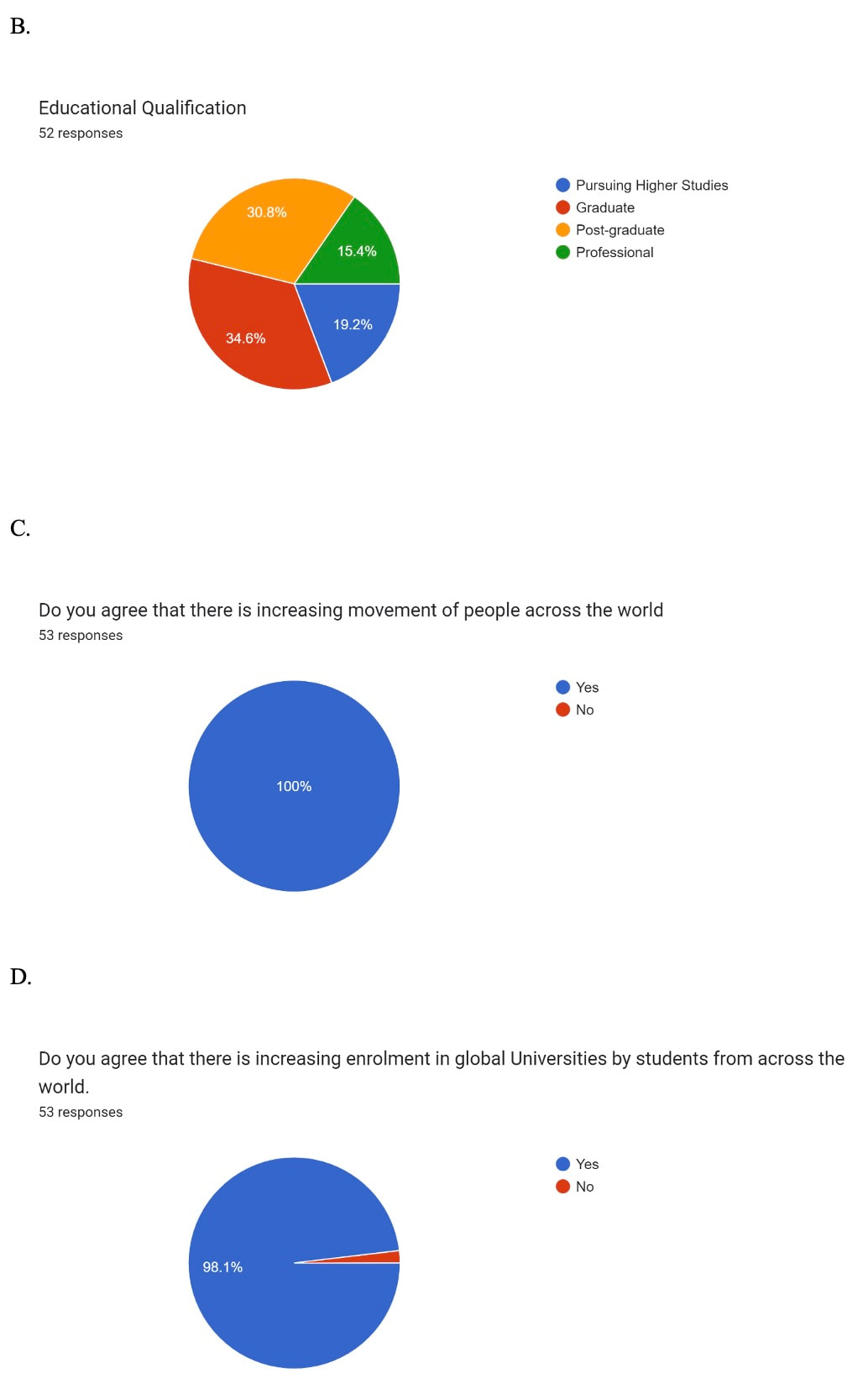
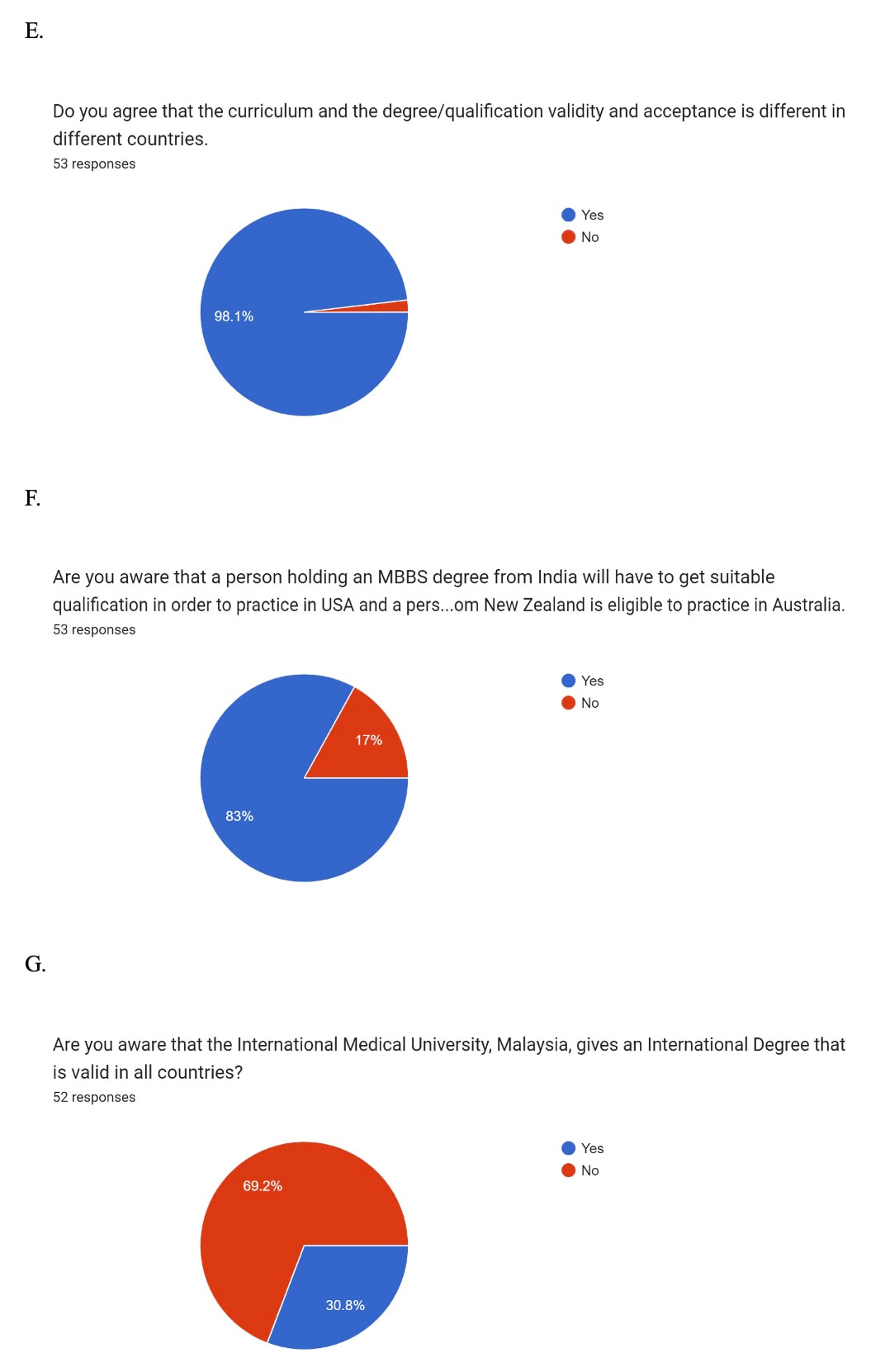
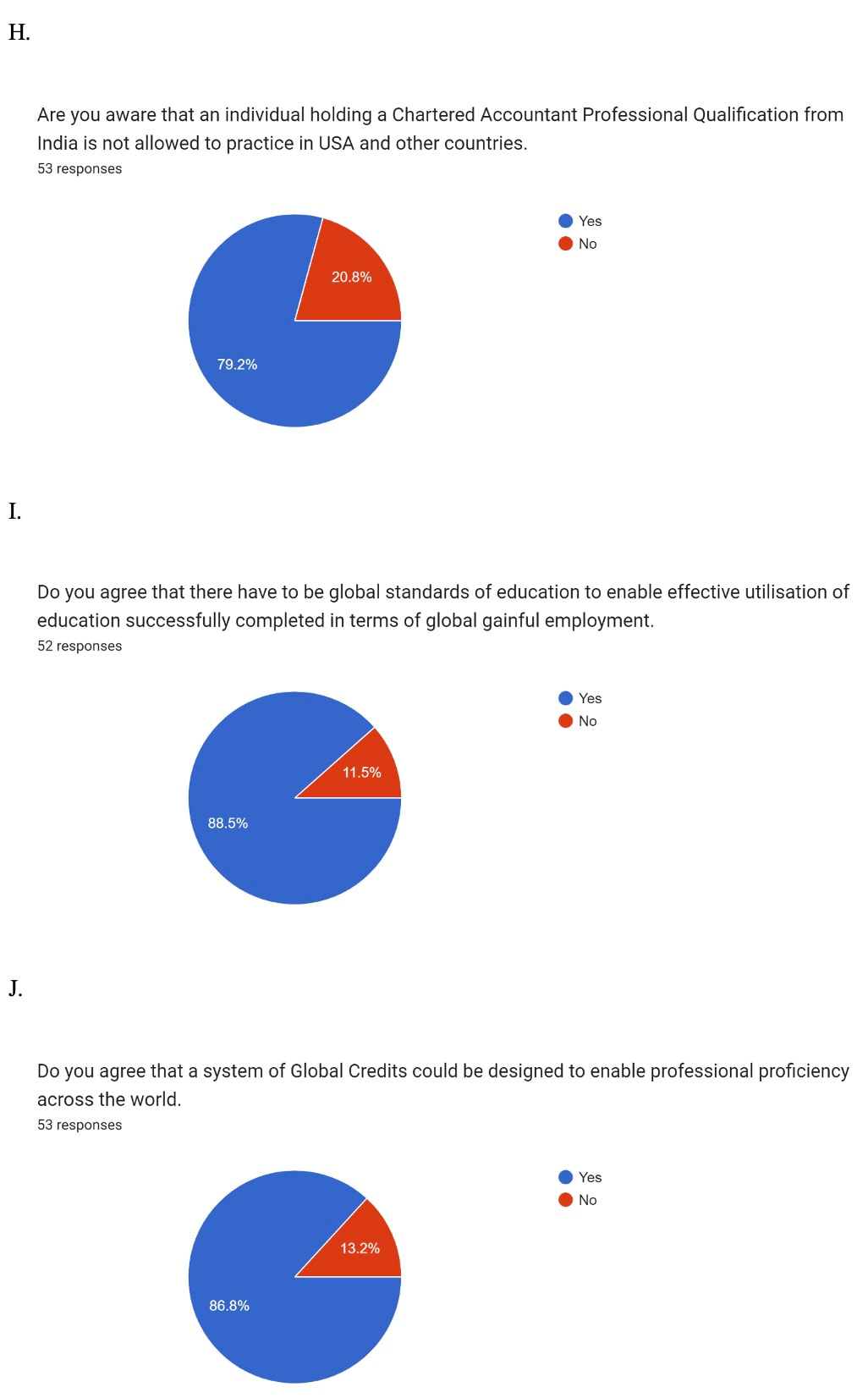

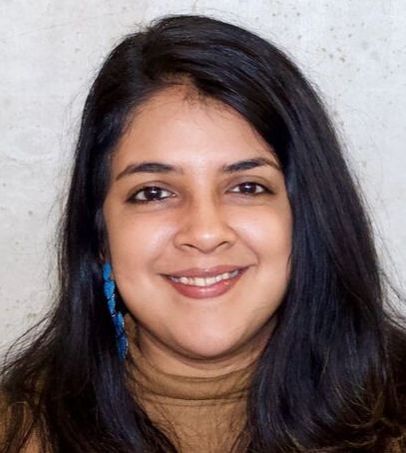
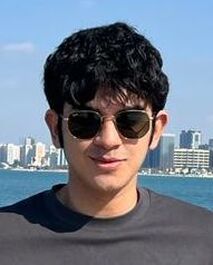
 RSS Feed
RSS Feed
